- Tag Archives AP Units
-
-
AP 24.1118 Nuclear Weapons – Nuclear Proliferation
pro·lif·er·a·tion (noun)
– rapid increase in numbers.
“a continuing threat of nuclear proliferation”
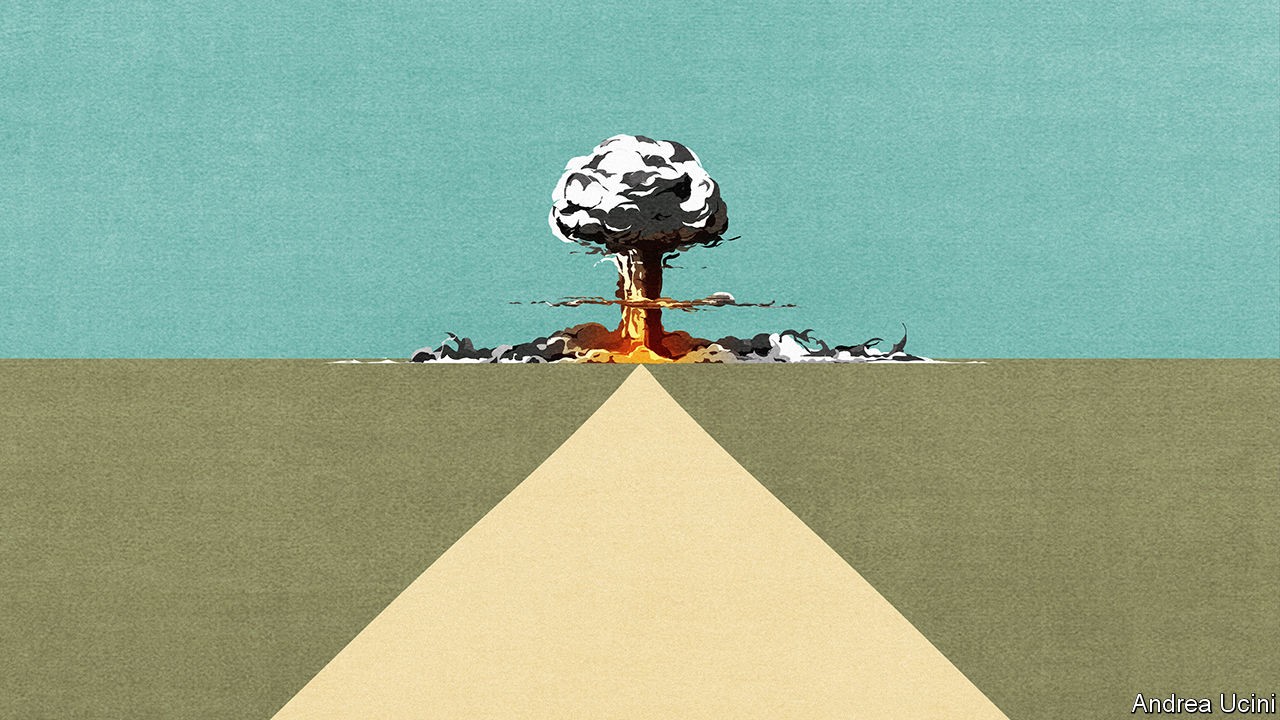
-
AP 23.172 Religion – The Catholic Church
The Roman Catholic Church
The Catholic Church is the oldest institution in the western world. It can trace its history back almost 2000 years.
Today there are more than a billion Catholics in the world, spread across all five continents with particular concentrations in southern Europe, the United States, the Philippines and the countries of Central and South America. What binds this diverse group of people together is their faith in Jesus Christ and their obedience to the papacy.
-
GOV 25.91 The Great Depression – Germany’s Hyperinflation and Depression
Before 1929
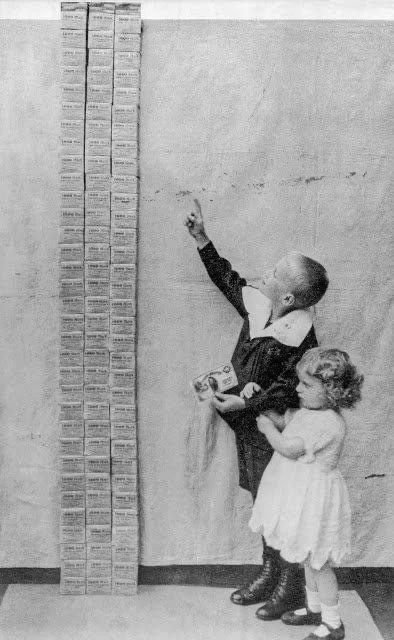 German Children stand next to a tower of 100,000 units of marks equal to one US dollar in 1923.
German Children stand next to a tower of 100,000 units of marks equal to one US dollar in 1923.
-
GOV 25.90 Holland – Tulip Mania!
There once was a flower that was unable to settle down anywhere. From the mountains in Kazakhstan, the flower bulb wandered about in Persia, China and Turkey. Until a Dutch scientist took the bulb with him to a small European country. There the flower enjoyed the climate and the soil, and the inhabitants immediately fell in love with the flower and soon designated it a national symbol. It all sounds like a fairy tale, but this is the true story of the tulip.
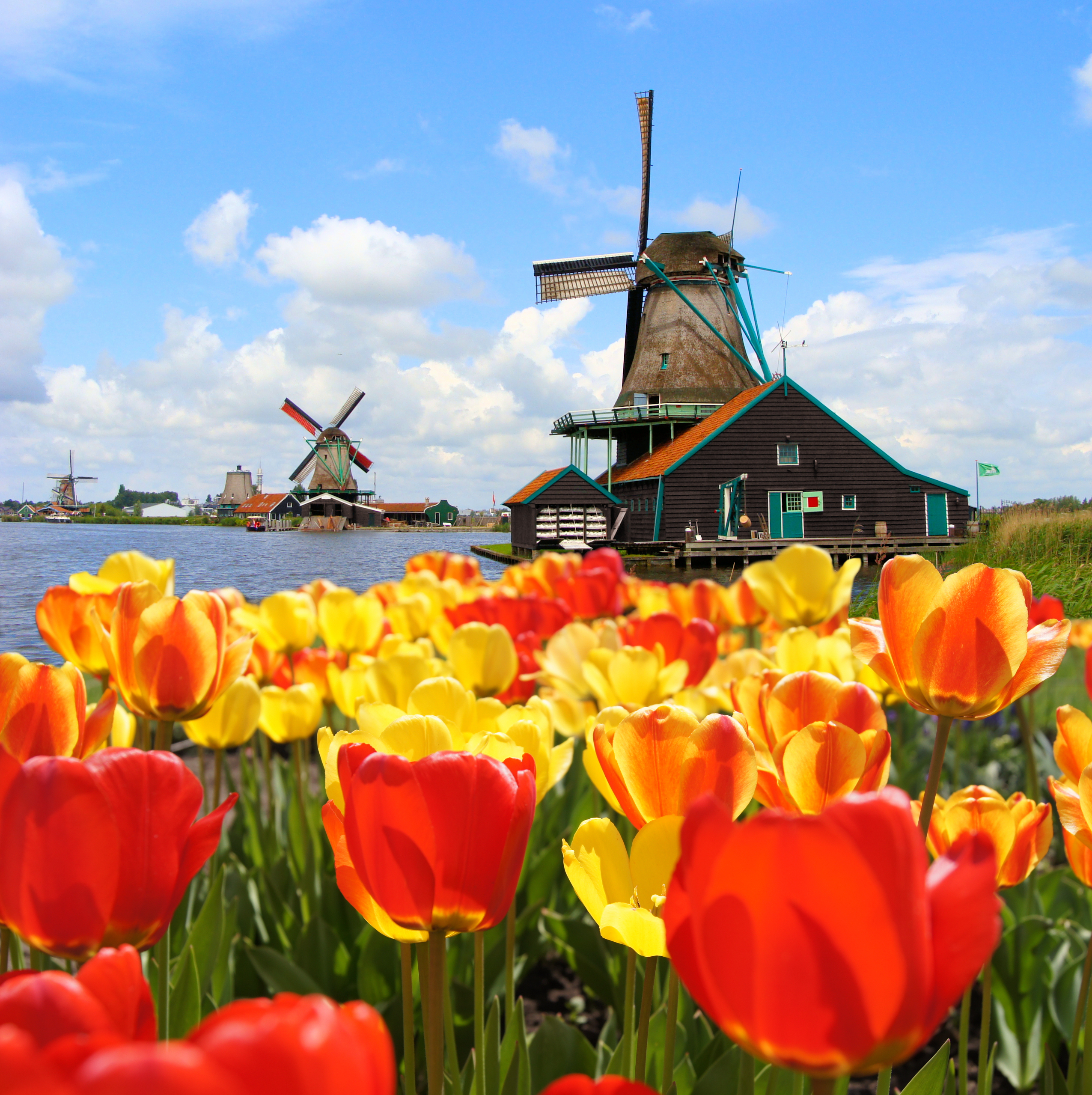 Continue reading Post ID 9328
Continue reading Post ID 9328
-
GOV 25.85 The Best and Worst Countries to be a Woman
The best and worst countries to be a woman
An exclusive first look at the upcoming Women, Peace, and Security Index shows how these countries might surprise you—and why it’s strategic to care.
-
GOV 25.81 Society and the Industrial Age – The Suffragettes
-
GOV 25.75 Illustrative Examples – Women’s Rights and Abolition
Sojourner Truth is best known for her improvised speech on racial inequalities, “Ain’t I a Woman?” delivered at the Ohio Women’s Rights Convention in 1851.
-
GOV 25.67 Trans Atlantic Slavery – African Slave Trade by the Numbers
Slavery became a global industry for the first time in history when millions of African men and women were sold as slaves to Europeans.
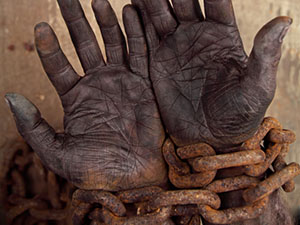 315 years. 20,528 voyages.
315 years. 20,528 voyages.
Millions of lives.
-
GOV 25.66 Black History – Amistad (Movie)
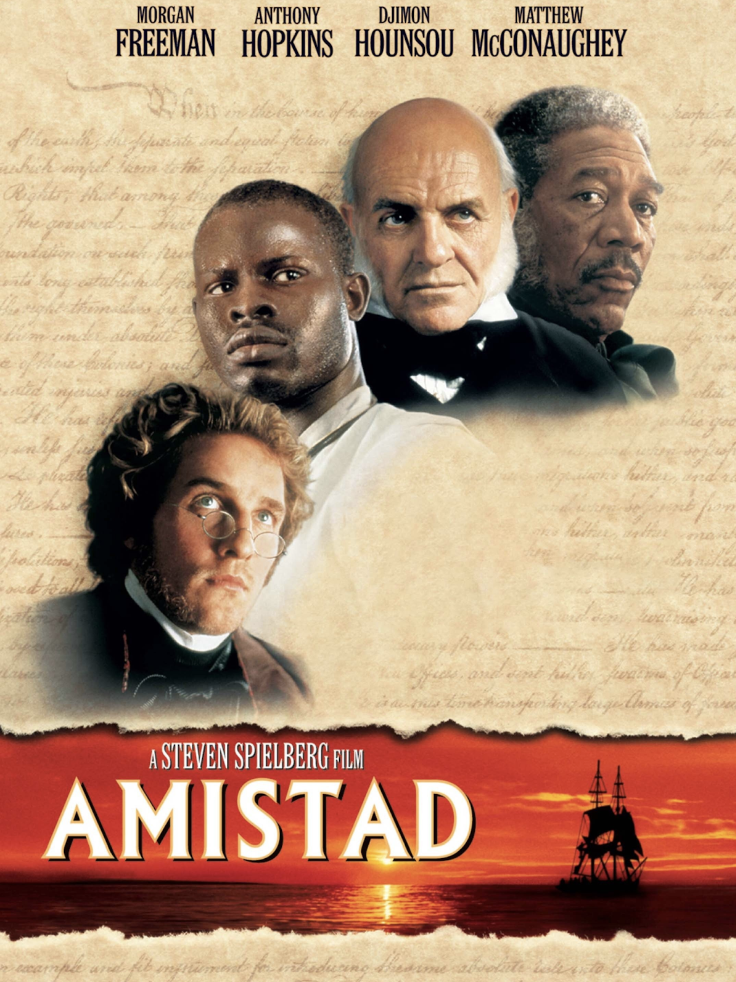 If one wishes to understand the causes of the Civil War and the development that led to the Emancipation Proclamation, it is imperative to understand the role of slavery in the nineteenth-century United States. One possible way of preparing students for this episode in American history is by viewing a movie that deals with the topic of slavery both from an emotional and a legal point of view. The movie Amistad includes both aspects. (Source:Christine Meißner)
If one wishes to understand the causes of the Civil War and the development that led to the Emancipation Proclamation, it is imperative to understand the role of slavery in the nineteenth-century United States. One possible way of preparing students for this episode in American history is by viewing a movie that deals with the topic of slavery both from an emotional and a legal point of view. The movie Amistad includes both aspects. (Source:Christine Meißner)
-
GOV 25.23 USA – Founding Father: Benjamin Franklin
“Be always at war with your vices, at peace with your neighbors, and let each new year find you a better man.”
“It is easier to prevent bad habits than to break them.”
-
GOV 25.22 USA – Founding Father: George Washington
“My brave fellows, you have done all I asked you to do, and more than can be reasonably expected; but your country is at stake, your wives, your houses and all that you hold dear. You have worn yourselves out with fatigues and hardships, but we know not how to spare you. If you will consent to stay one month longer, you will render that service to the cause of liberty, and to your country, which you probably can never do under any other circumstances.”
“We have abundant reason to rejoice, that, in this land, the light of truth and reason has triumphed over the power of bigotry and superstition, and that every person may here worship God according to the dictates of his own heart.”
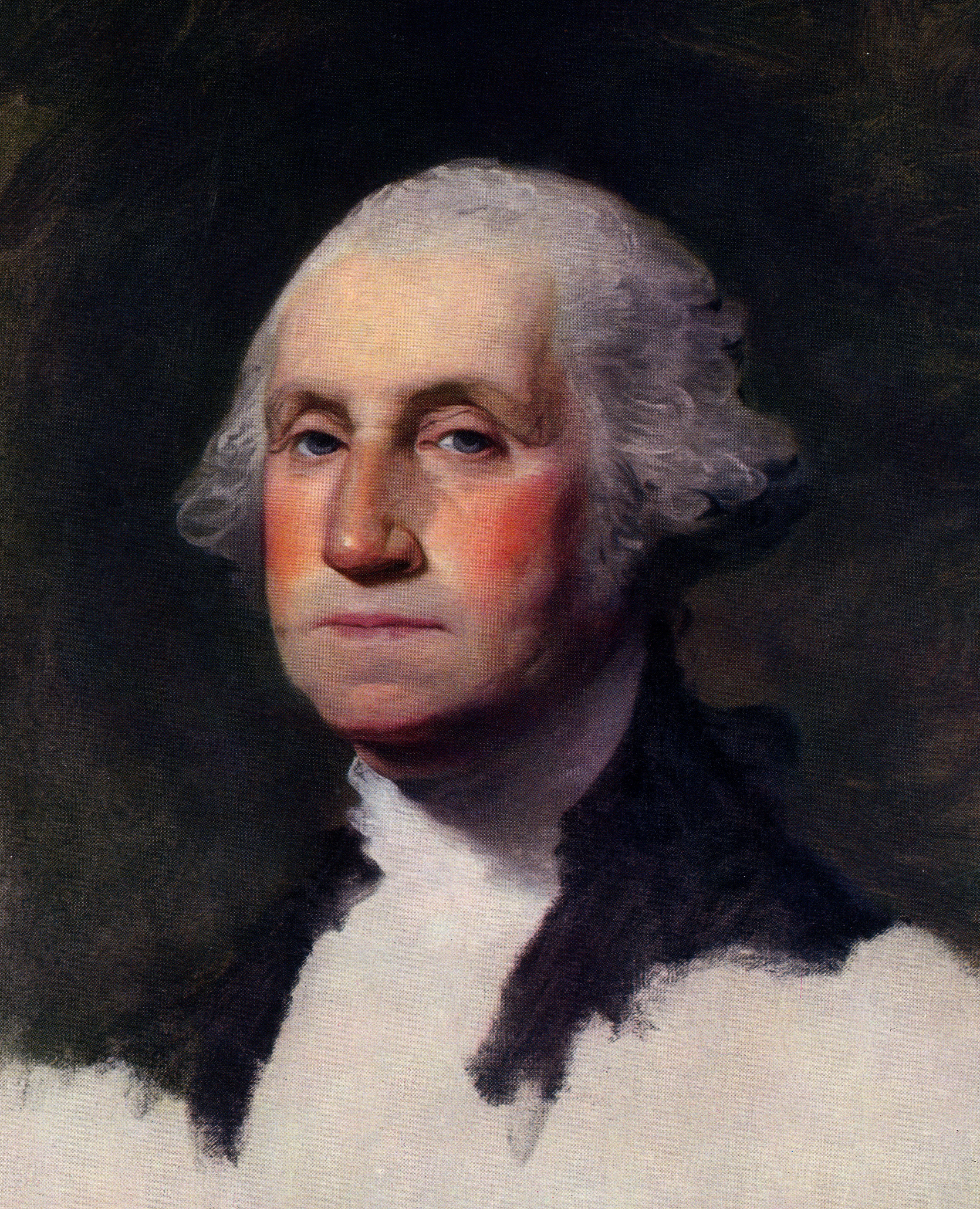

-
GOV 25.18 USA – So What Was 1776?
Was it one or more of the following?
A Revolt?
A Secession? An American Revolution? An American Independence?
-
GOV 25.15 USA – Too Late to Apologize: A Declaration
Once the movement for Independence was set in motion, England came to reassert its control on the North American colonies. There was no turning back…. it was too late to apologize.
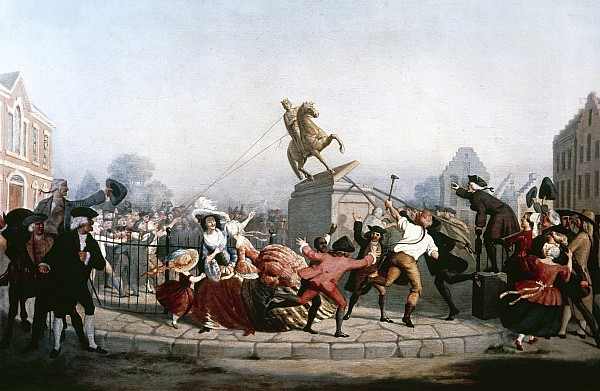
Continue reading Post ID 9328
-
GOV 25.14 Enlightenment to REVOLUTION Review
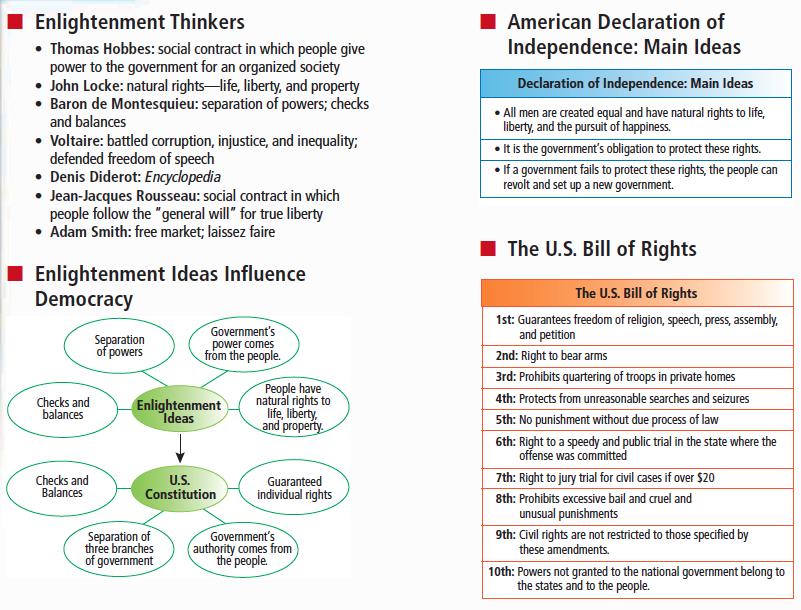
Summary
The Enlightenment, sometimes called the Age of Reason, sought to shine the “light” of reason on traditional ideas about government and society. Enlightenment thinkers promoted goals of material well-being, social justice, and worldly happiness. Their ideas about government and society stood in sharp contrast to the old principles of divine-right rule, a rigid social hierarchy, and the promise of a better life in heaven. Since the 1700s, Enlightenment ideas have spread, creating upheaval as they challenge established traditions around the world.
-
GOV 25.13 Enlightenment Thinker – Adam Smith and What is Laissez faire?
Adam Smith (1723 – 1790) was a Scottish economist, philosopher and author as well as a moral philosopher, a pioneer of political economy and a key figure during the Scottish Enlightenment, also known as ”The Father of Economics” or ”The Father of Capitalism”.
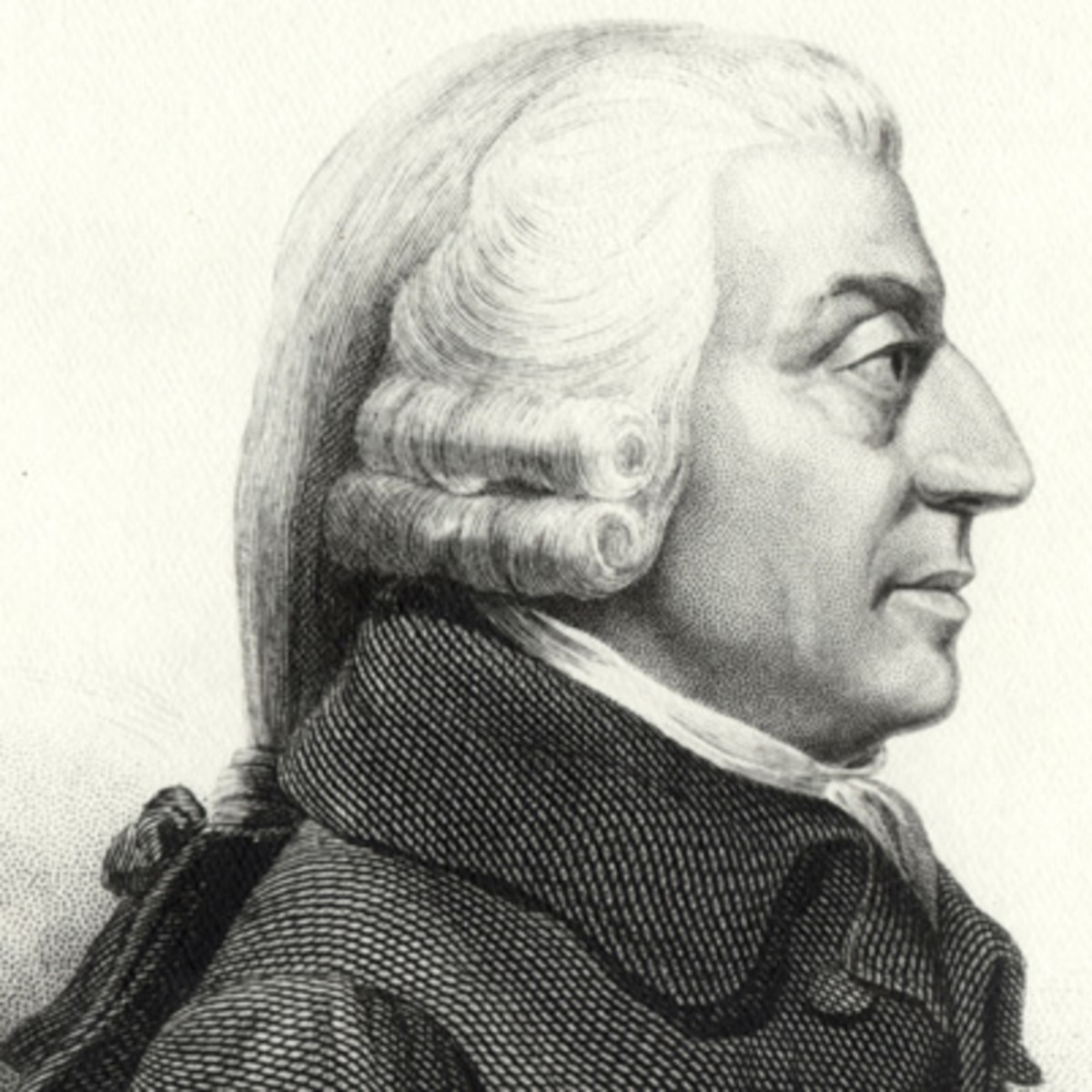
Continue reading Post ID 9328
-
GOV 25.12 Enlightenment Thinker – Denis Diderot
Denis Diderot (1713 -1784) French man of letters and philosopher who, from 1745 to 1772, served as chief editor of the Encyclopédie, one of the principal works of the Age of Enlightenment.
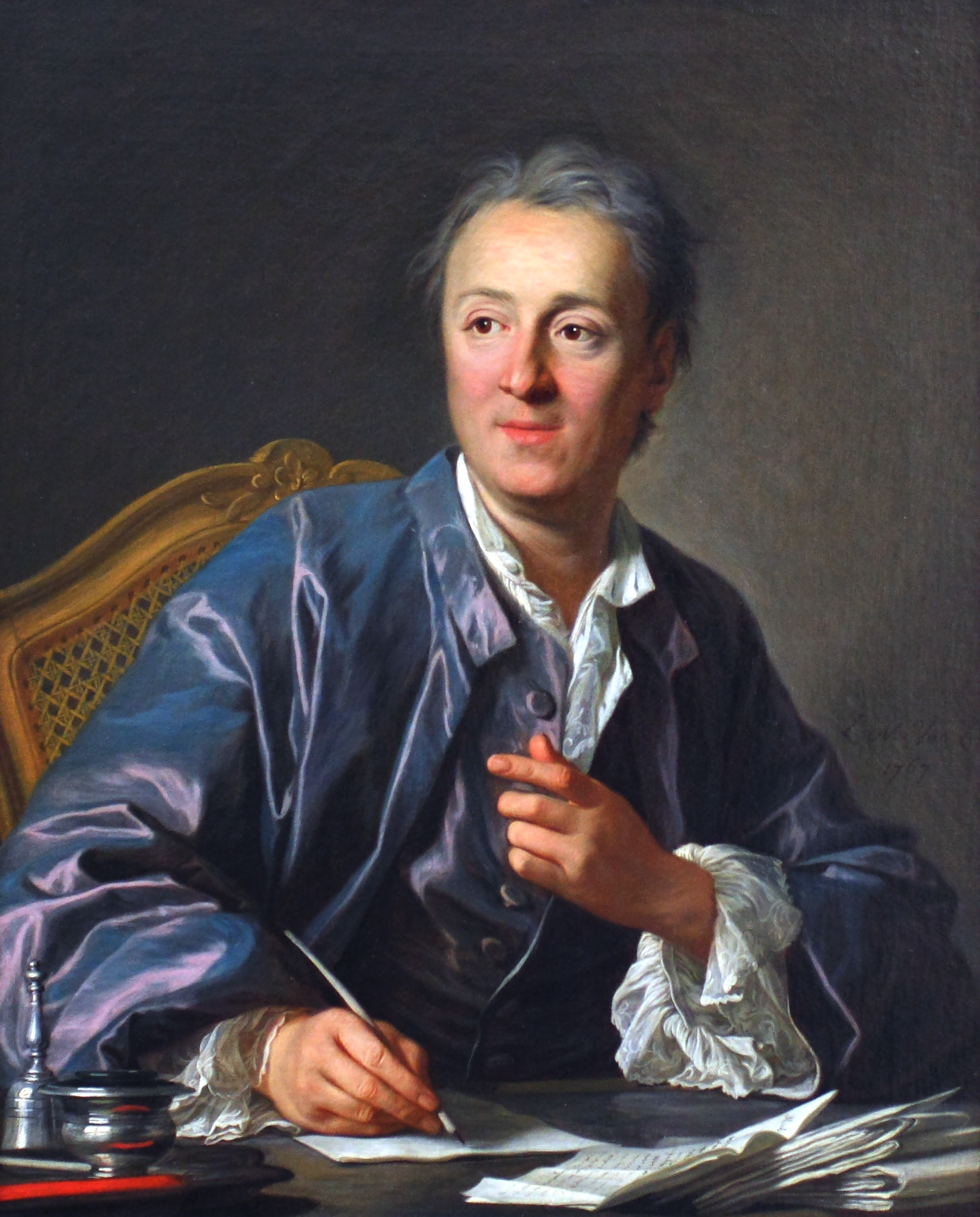
Continue reading Post ID 9328
-
GOV 25.11 Enlightenment Thinker – Jean-Jacques Rousseau
-
GOV 25.9 Enlightenment Thinker – Baron de Montesquieu
Philosopher, Government Official, Legal Professional, Writer (1689–1755)
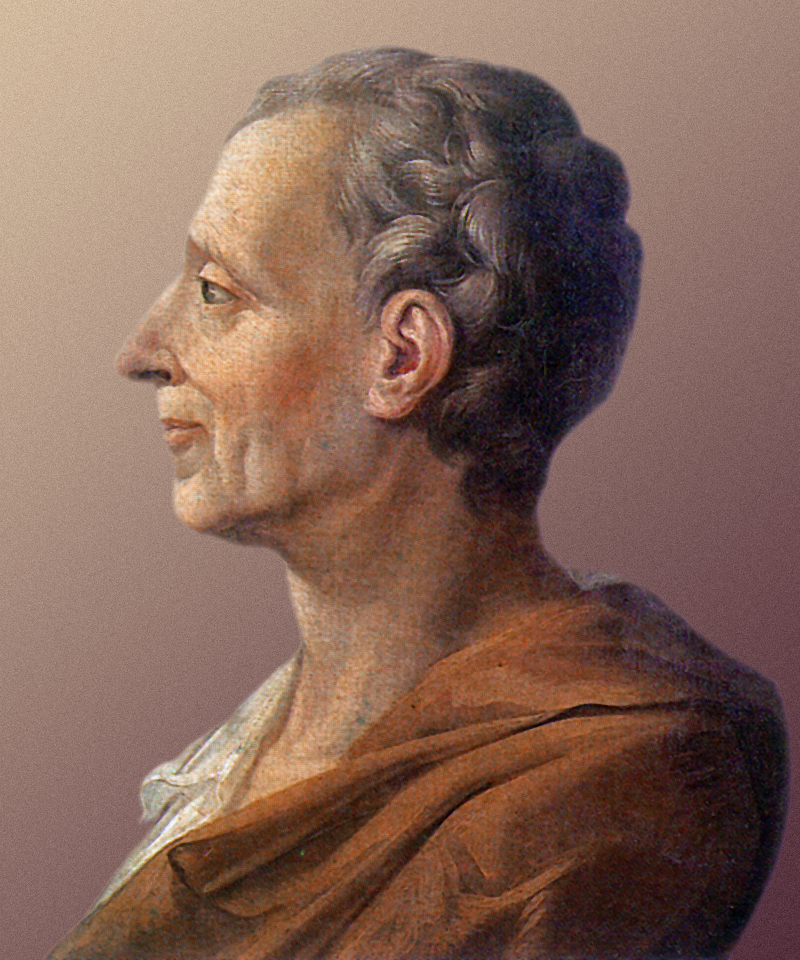 Continue reading Post ID 9328
Continue reading Post ID 9328
-
GOV 25.8 Enlightenment Thinker – Thomas Hobbes
Academic, Philosopher, Political Scientist, Journalist, Historian (1588–1679)
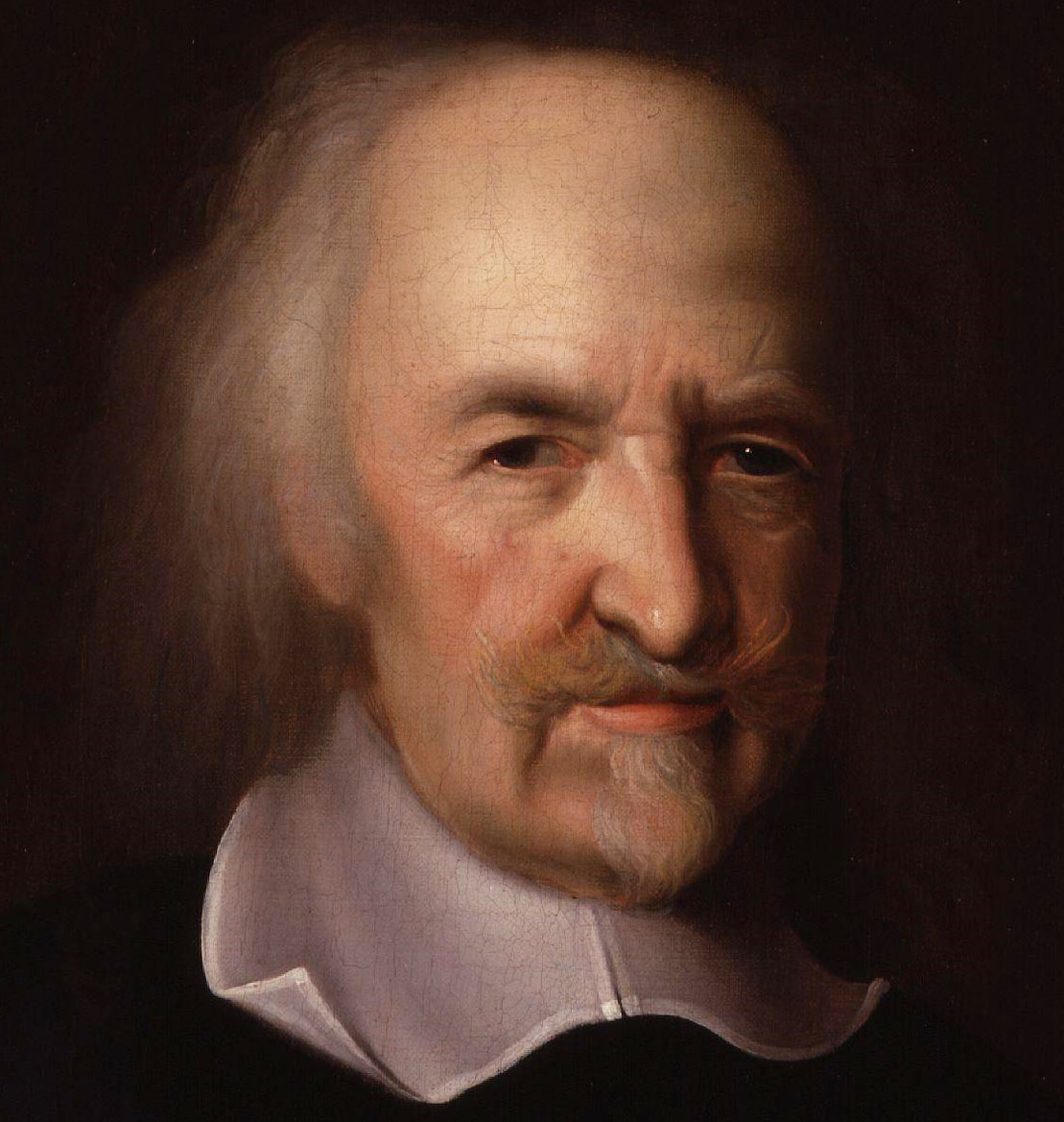 Continue reading Post ID 9328
Continue reading Post ID 9328
-
GOV 25.7 Enlightenment Thinker – John Locke
Philosopher (1632–1704)
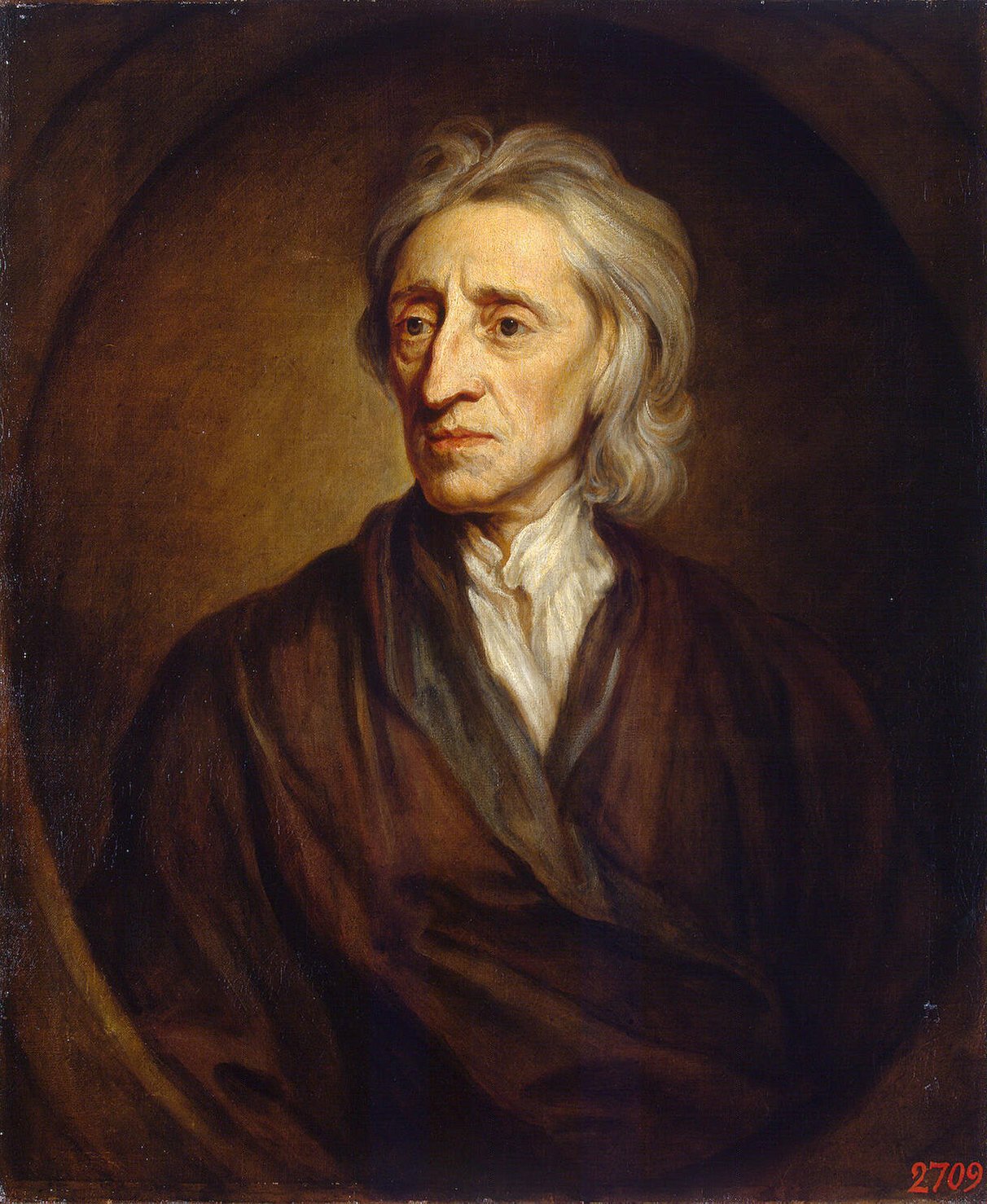 Continue reading Post ID 9328
Continue reading Post ID 9328
-
GOV 25.5 The Enlightenment and Music – Johann Sebastian Bach
-
GOV 25.4 The Enlightenment and Music – George Frideric Handel

Baroque composer George Handel was born February 23, 1685, in Halle, Germany. In 1704 Handel made his debut as an opera composer with Almira. He produced several operas with the Royal Academy of Music before forming the New Royal Academy of Music in 1727. When Italian operas fell out of fashion, he started composing oratorios, including Messiah. George Handel died April 14, 1759, in London, England
-
GOV 25.3 The Enlightenment and Music – Wolfgang Amadeus Mozart
Composer, Pianist (1756–1791)
A prolific artist, Austrian composer Wolfgang Mozart created a string of operas, concertos, symphonies and sonatas that profoundly shaped classical music.Wolfgang Amadeus Mozart learned the piano at the age of three, and soon developed his skills in all musical forms. Widely recognized as one of the greatest composers of all time, he produced over 600 works.
Continue reading Post ID 9328
-
GOV 25.2 The Age of Enlightenment (ROAD MAP!)
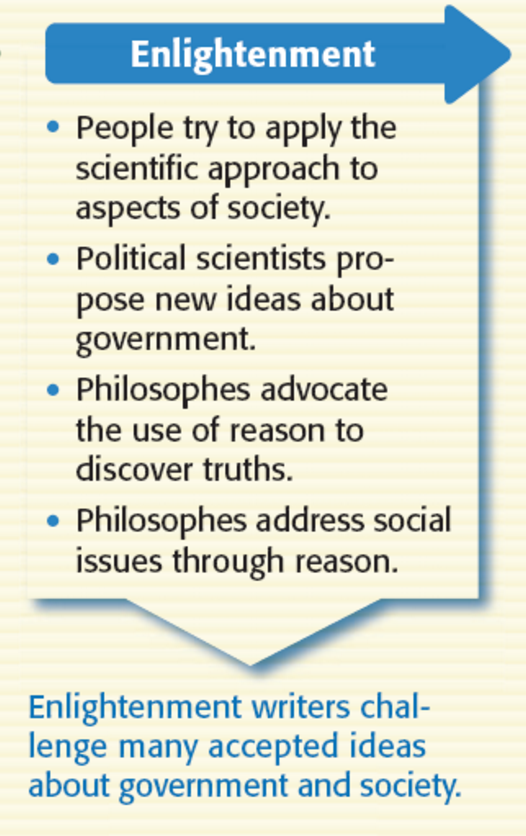 The Age of Enlightenment (1700-1800) Continue reading Post ID 9328
The Age of Enlightenment (1700-1800) Continue reading Post ID 9328
-
GOV 24.70 How long does it take to count to a MILLION?
-
GOV 24.63 Soviet Russia – Joseph Stalin
“The death of one man is a tragedy. The death of millions is a statistic.”
“It is enough that the people know there was an election. The people who cast the votes decide nothing. The people who count the votes decide everything.”
“In the Soviet army it takes more courage to retreat than advance.”
“The Man of Steel”
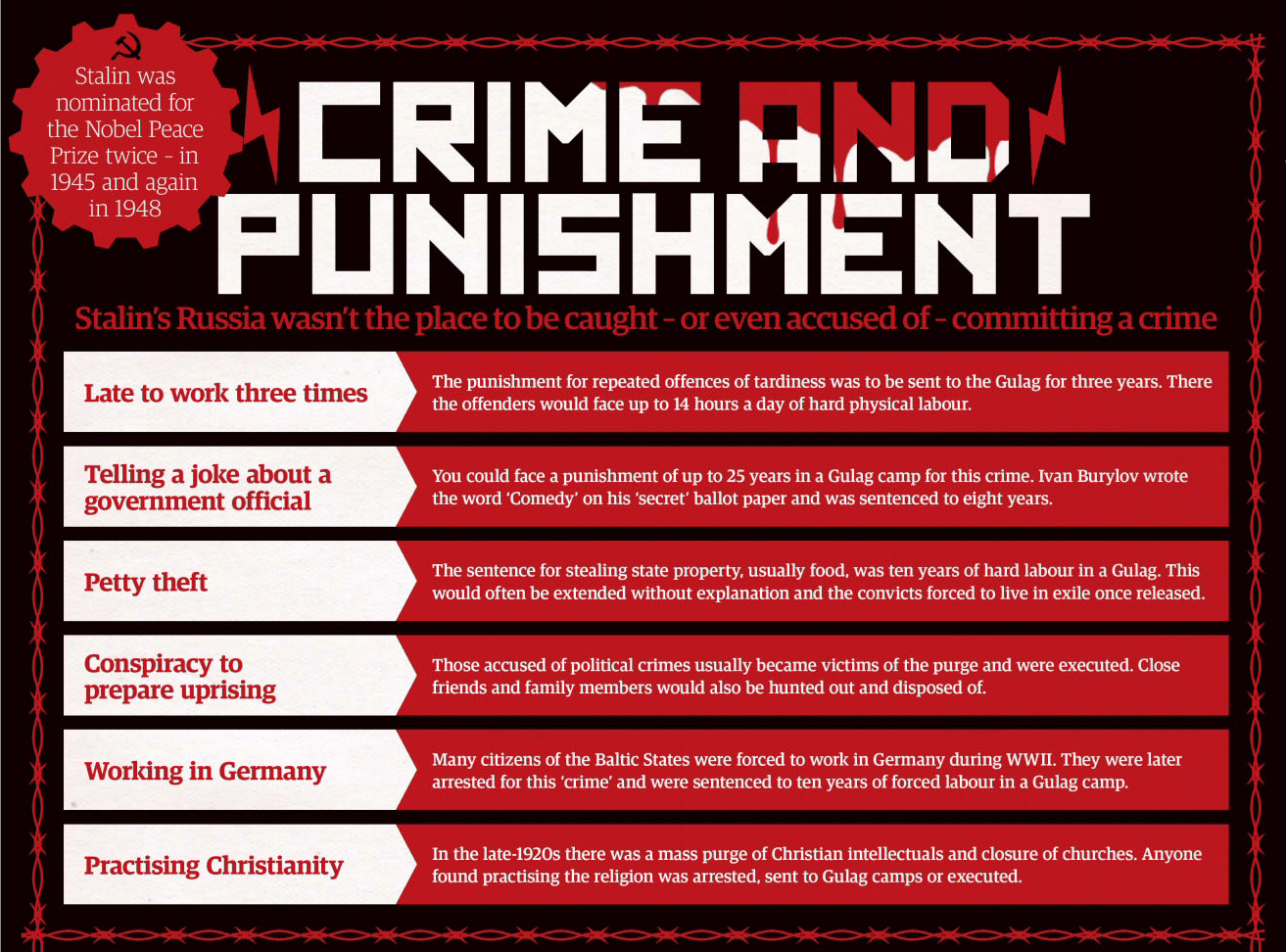 Continue reading Post ID 9328
Continue reading Post ID 9328
-
GOV 24.52 Russian Revolution – Vladimir Lenin
“Give us the child for 8 years and it will be a Bolshevik forever.”
“The goal of socialism is communism.”
“Democracy is indispensable to socialism.”
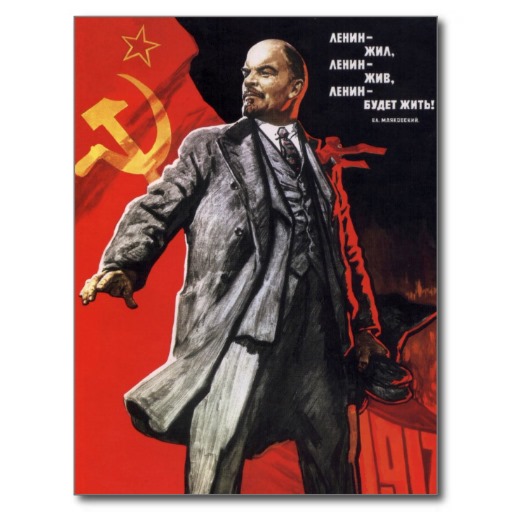 Continue reading Post ID 9328
Continue reading Post ID 9328
-
GOV 24.51 Russian Revolution – Russia’s WWI Experience
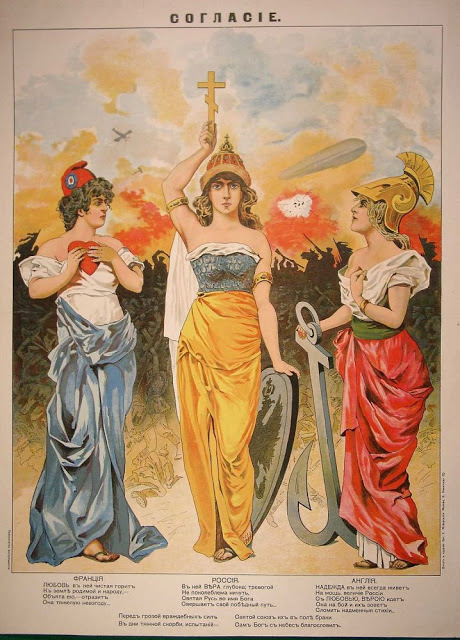 1914 Russian propaganda poster. The upper inscription reads “agreement”. The uncertain Britannia (right) and Marianne (left) look to the determined Mother Russia (center) to lead them in the coming war. Continue reading Post ID 9328
1914 Russian propaganda poster. The upper inscription reads “agreement”. The uncertain Britannia (right) and Marianne (left) look to the determined Mother Russia (center) to lead them in the coming war. Continue reading Post ID 9328
-
GOV 24.51 Russian Revolution – Karl Marx
Karl Marx (1818-1883), philosopher and German politician.

“Proletarier aller Länder vereinigt Euch!”
“Workers of the world, unite!” or “Proletarians of all countries, unite!”


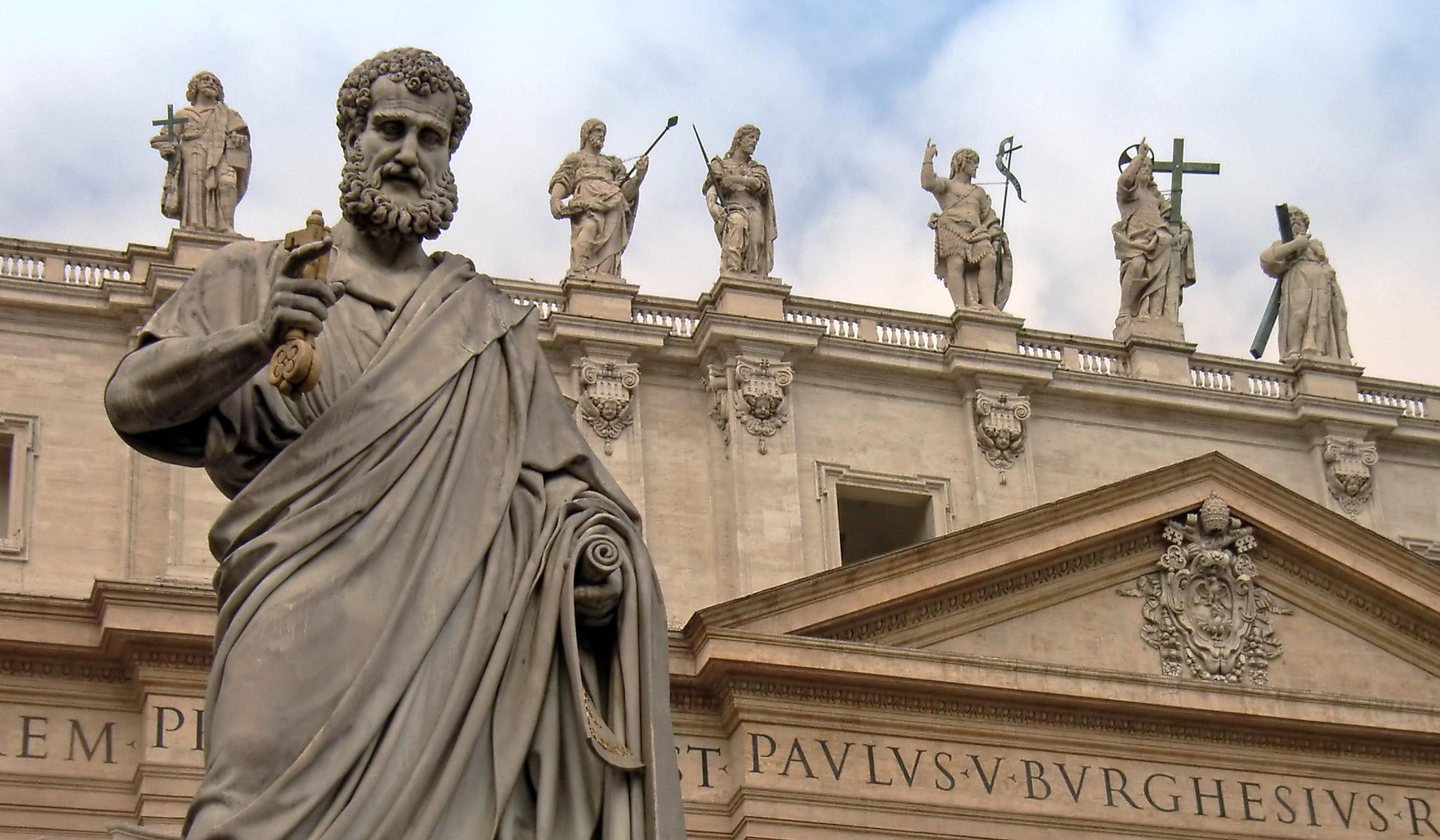
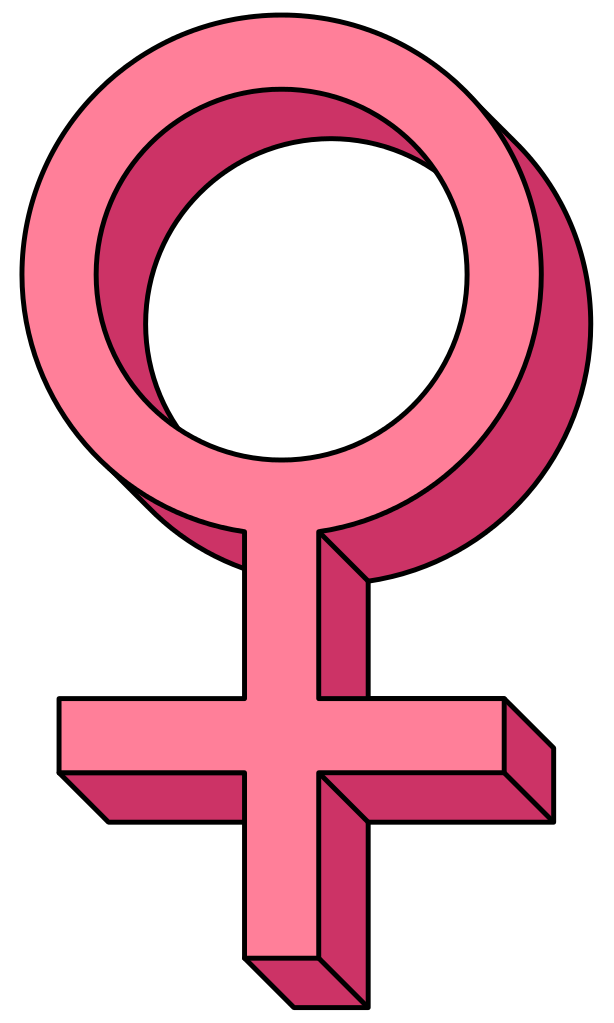
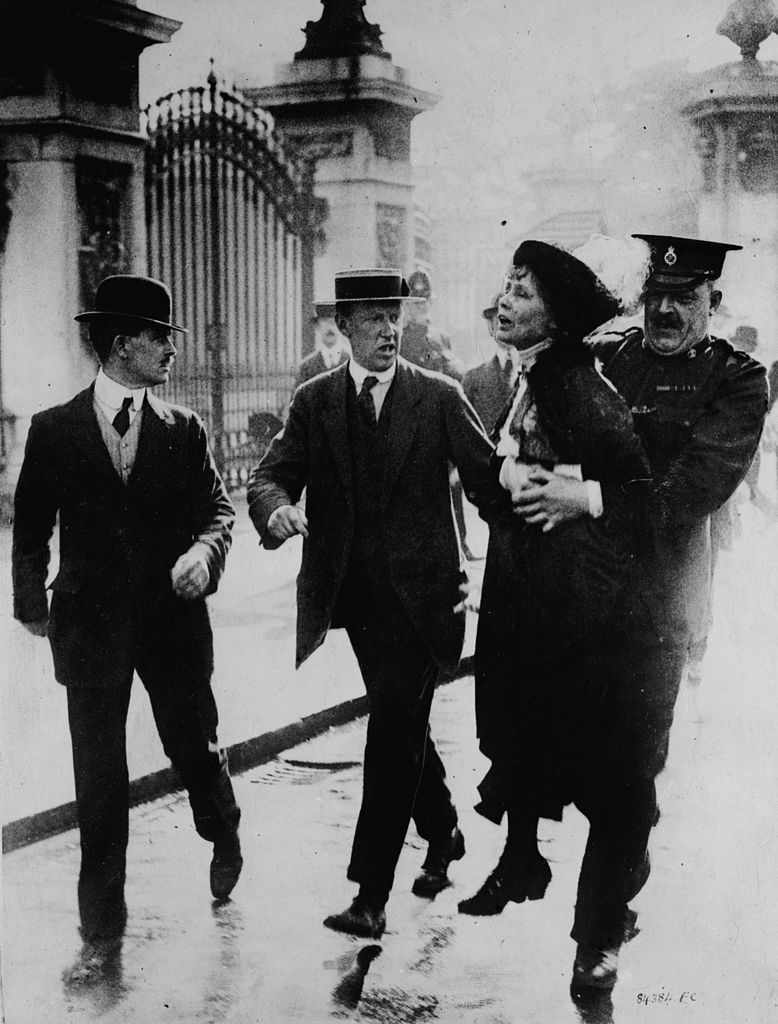
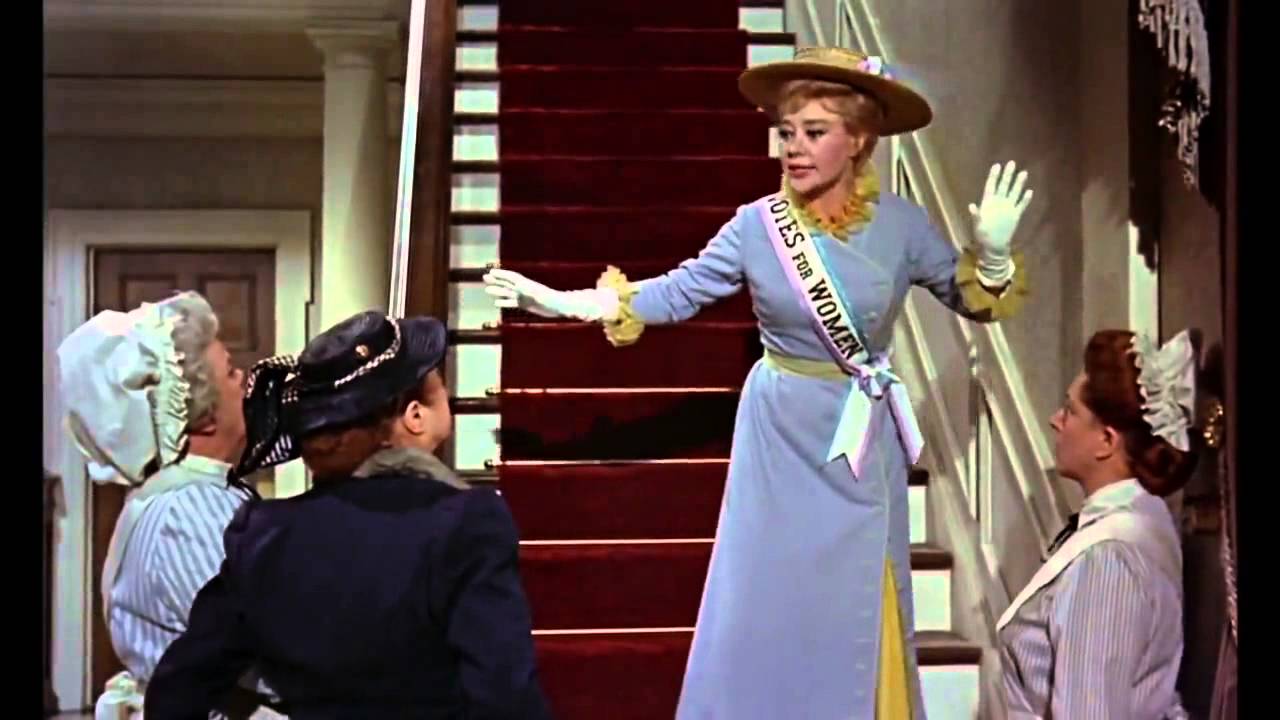
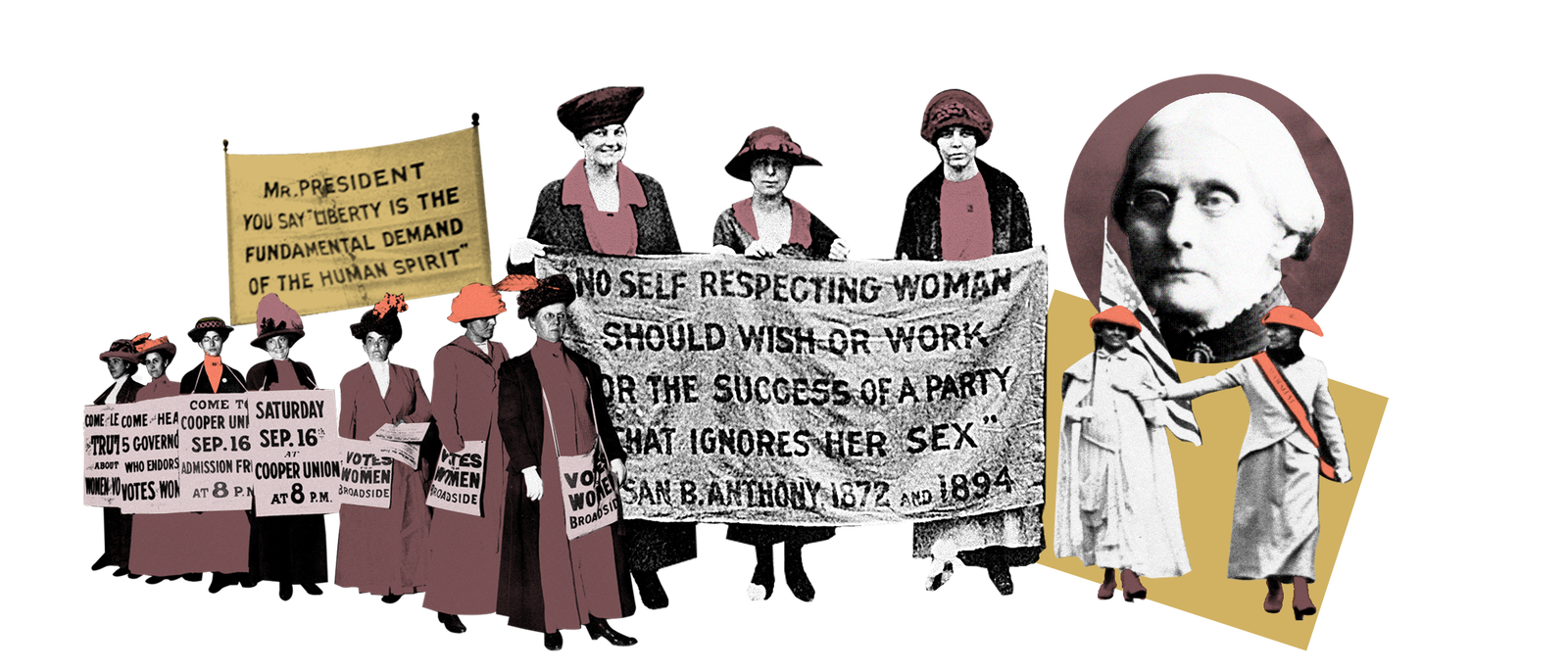
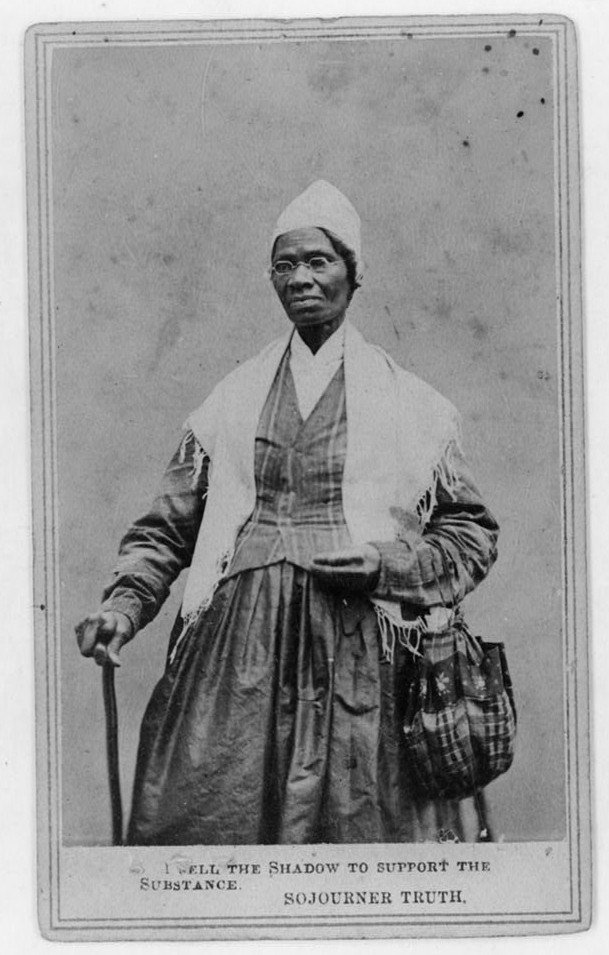

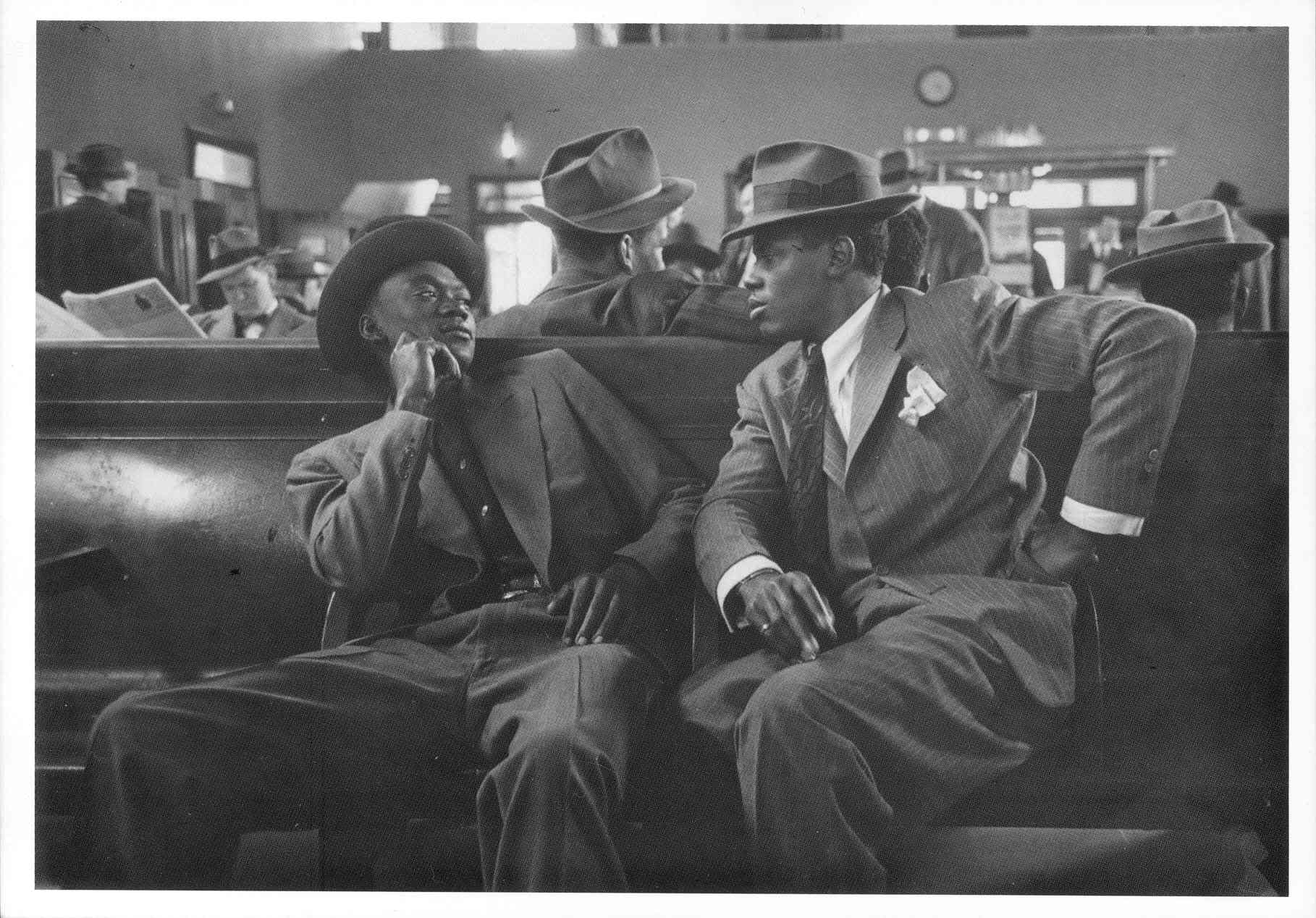


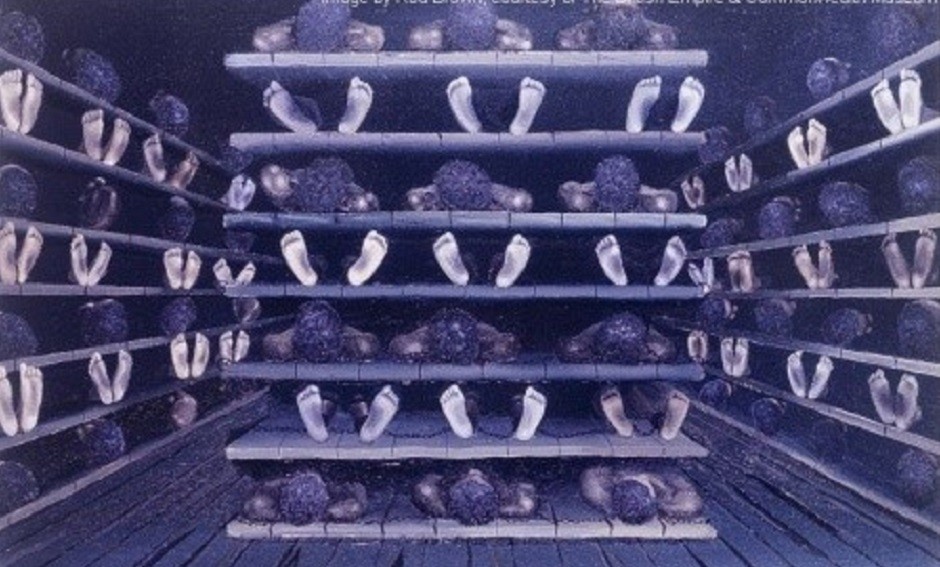
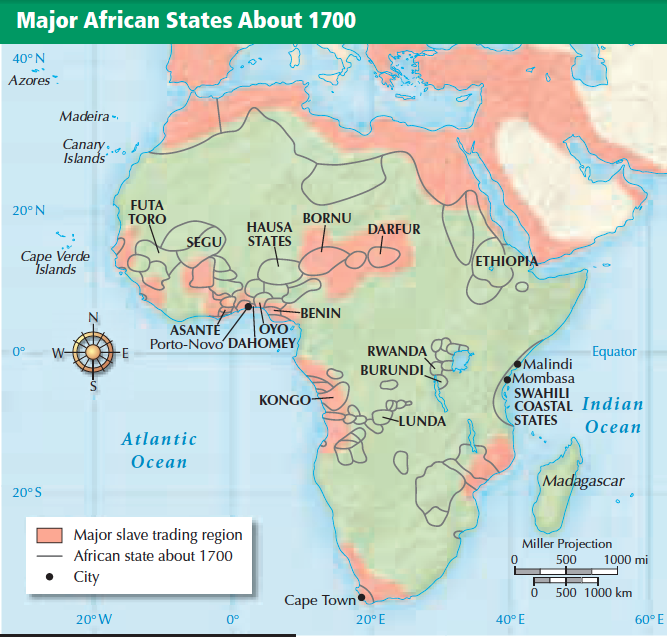
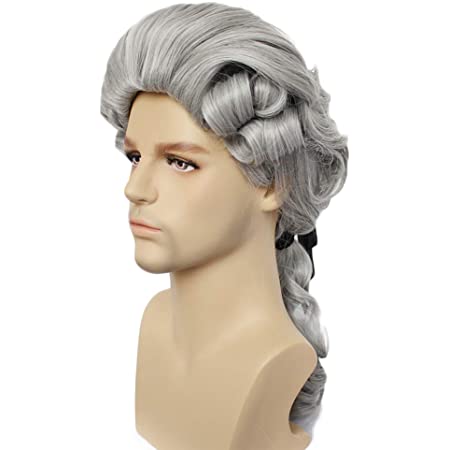
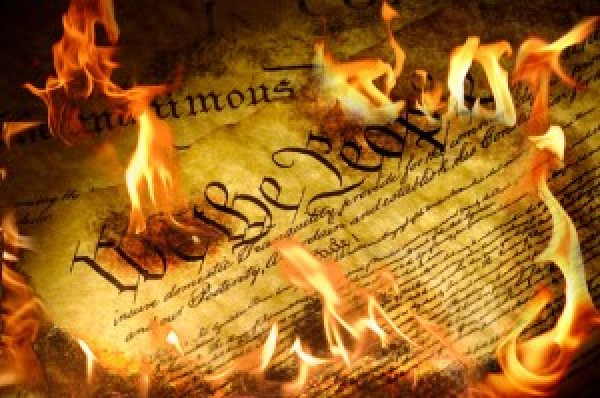
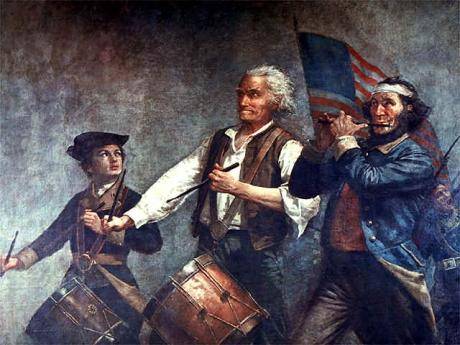
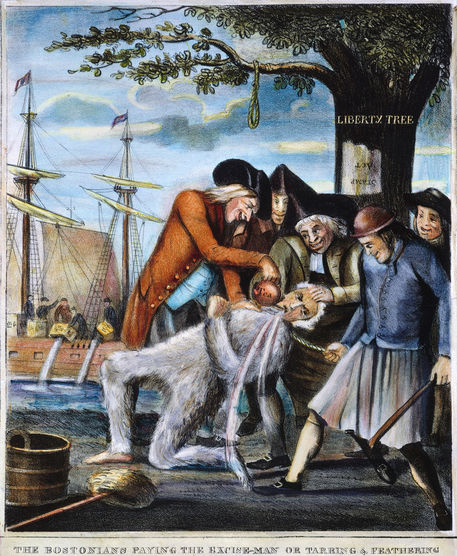
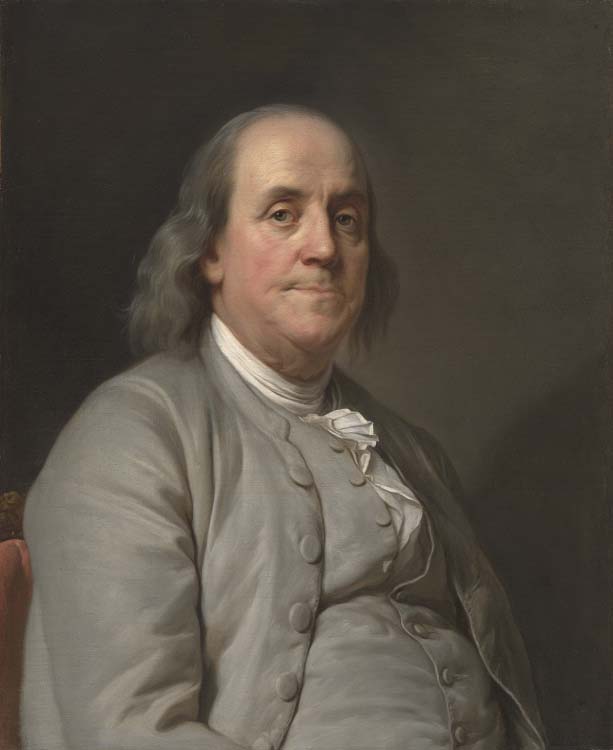

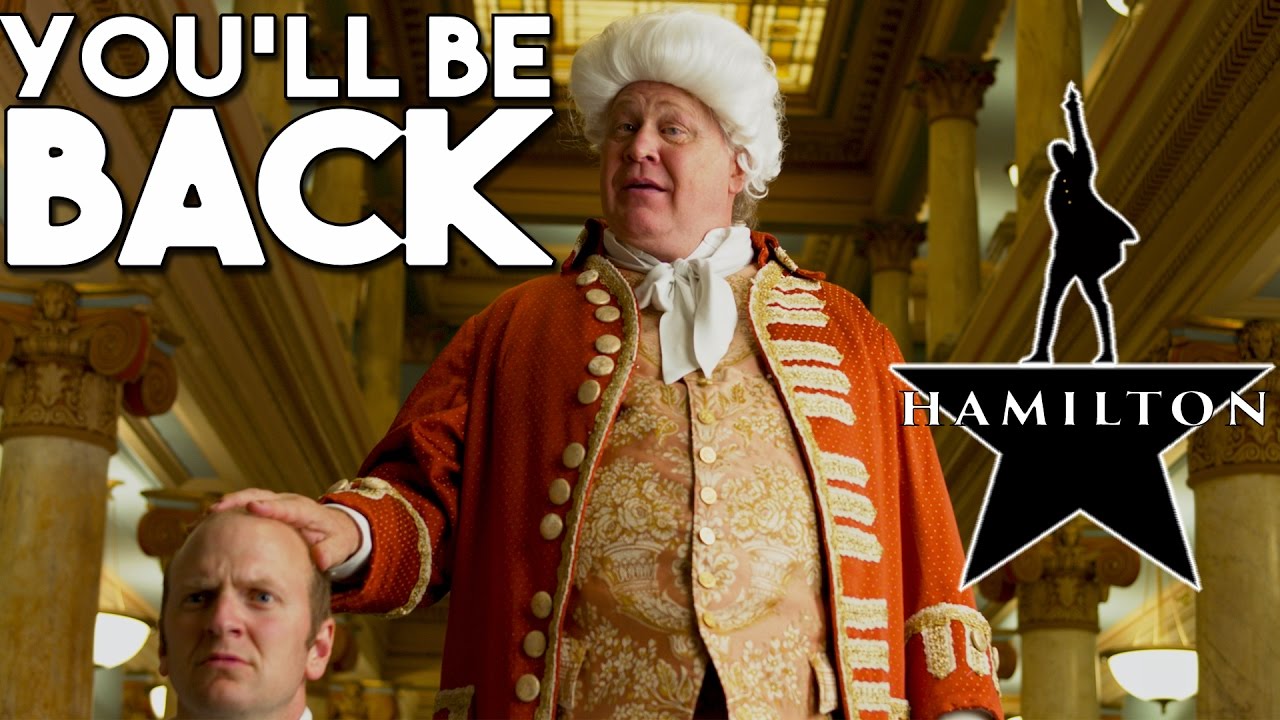


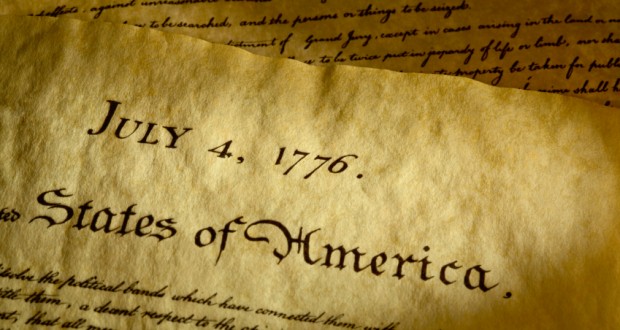
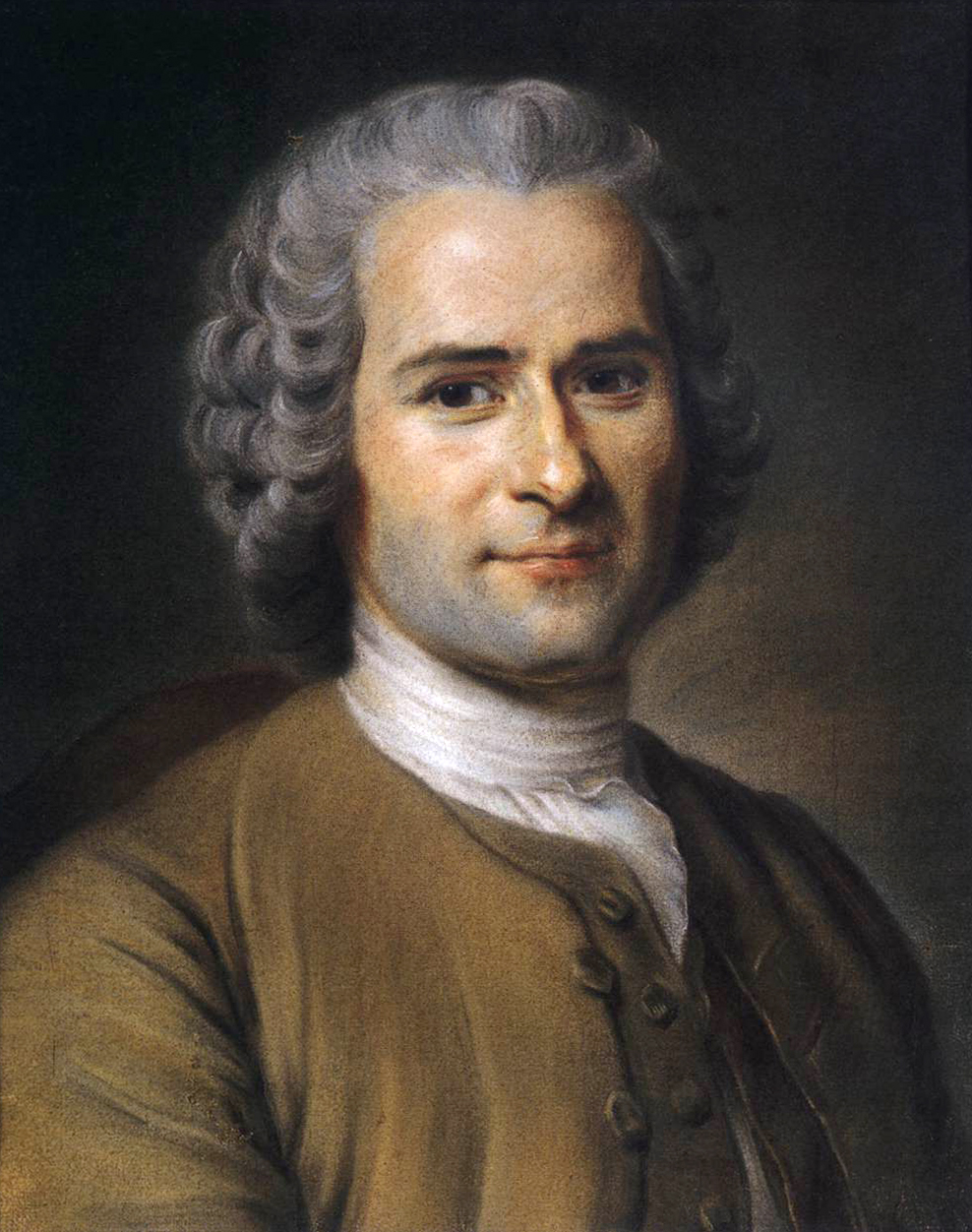

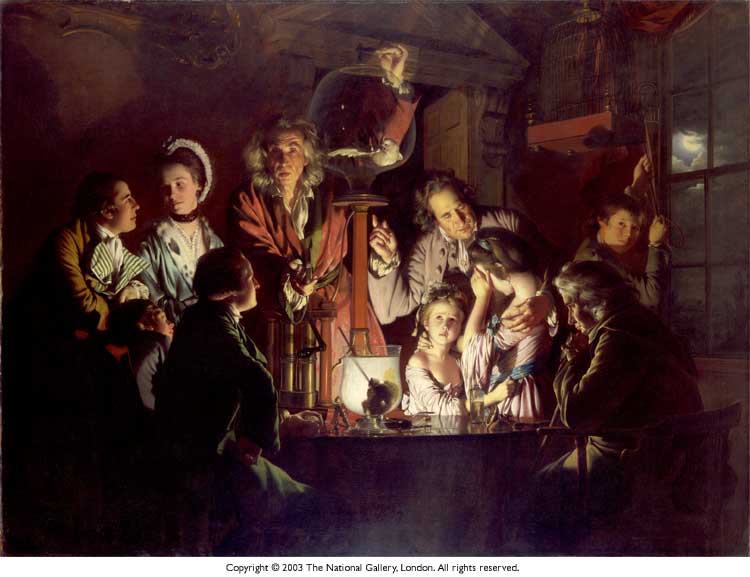
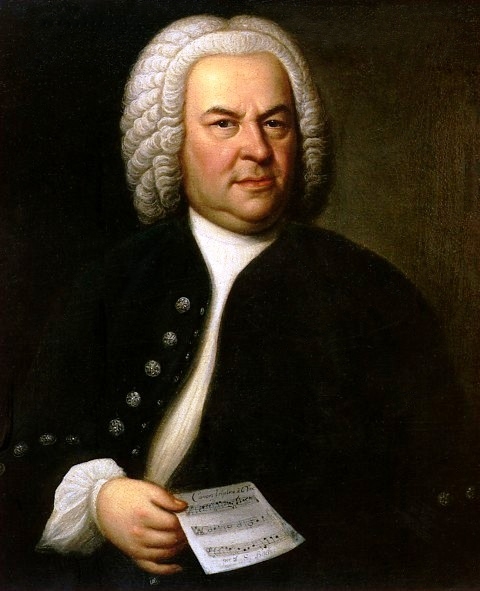
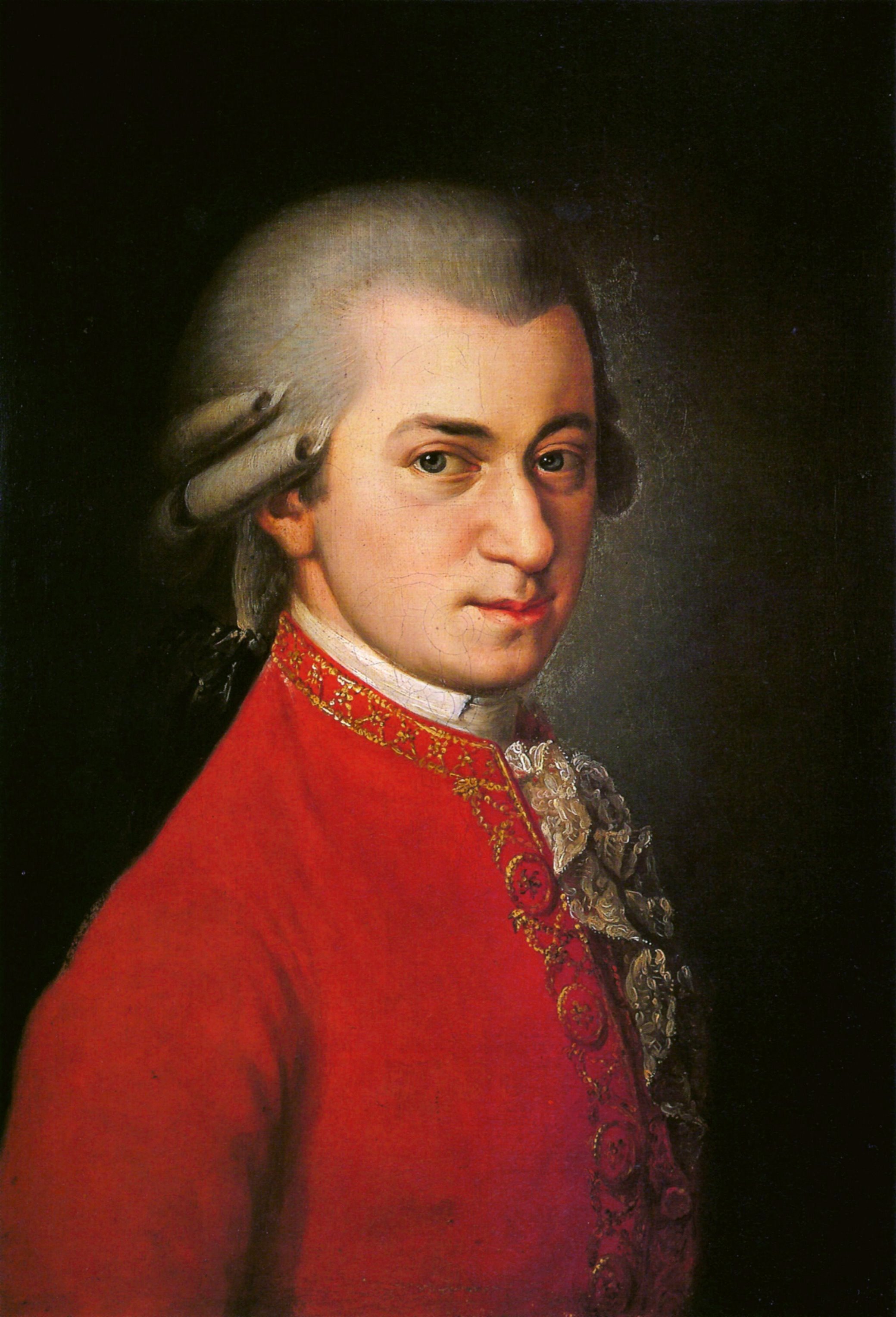

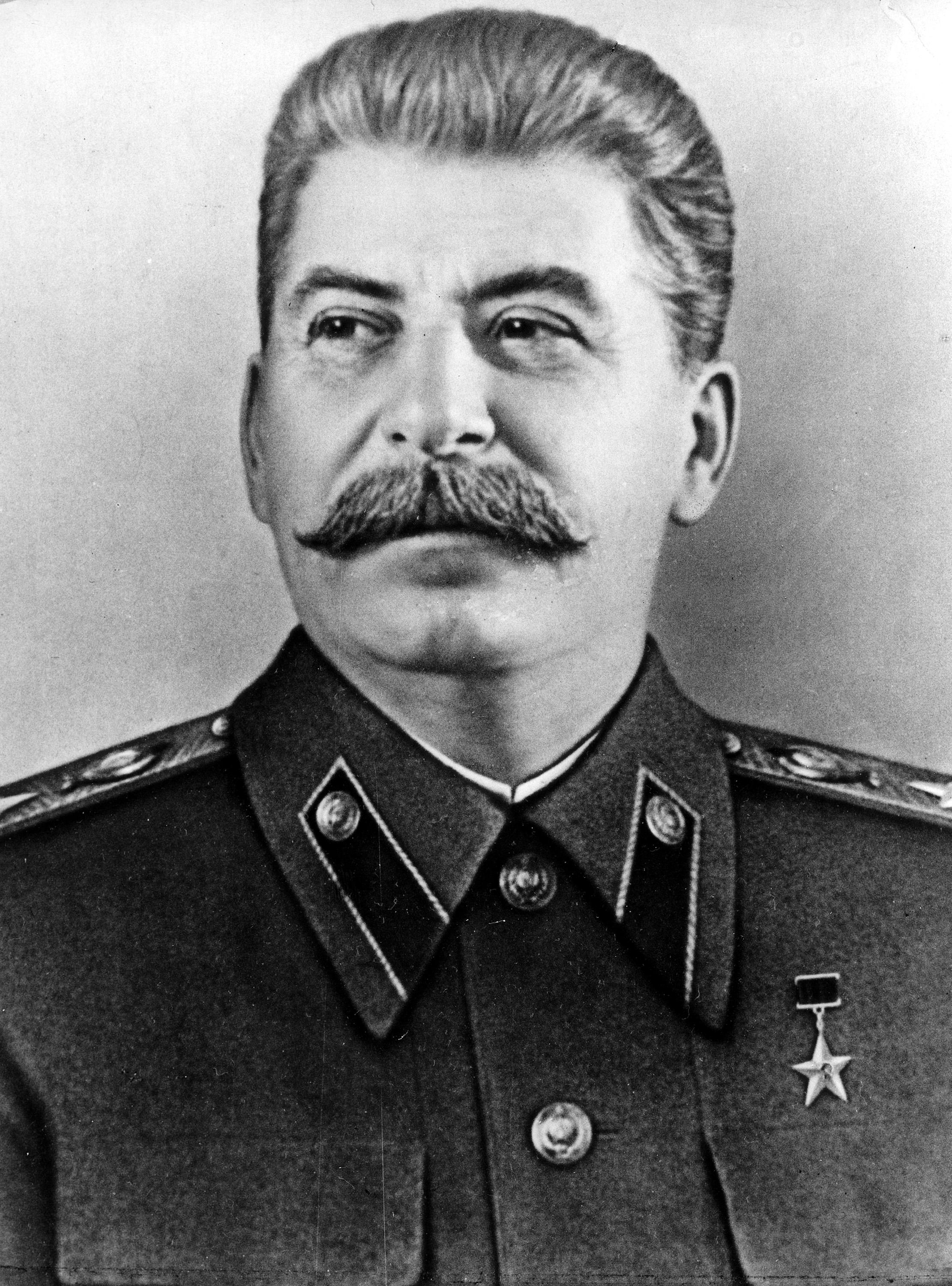
You must be logged in to post a comment.